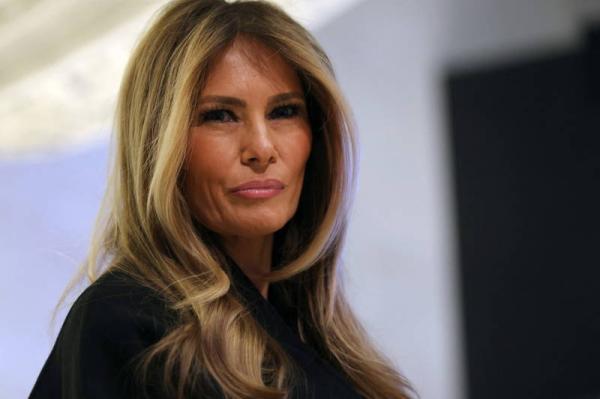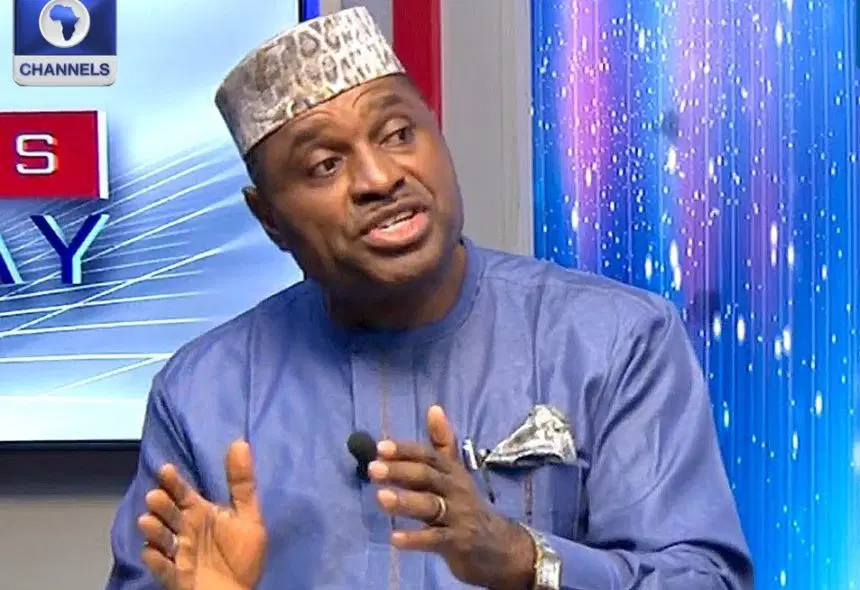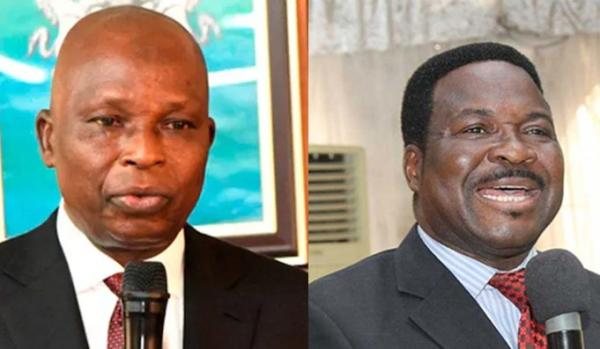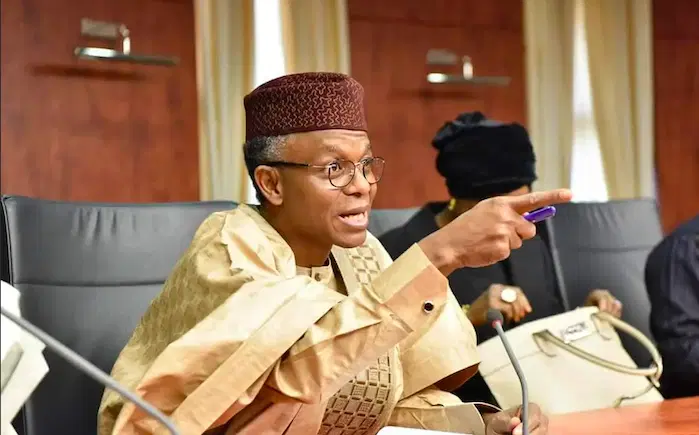
The Naira firmed 3 percent to N364 on the parallel market against the U.S. dollar for the second day on Tuesday.
The local currency exchanged for N375 against the greenback on Monday at the same unofficial market, after importers started to reduce demand for dollars.
This followed the president’s defiance over devaluing the currency, while the official rate remained unchanged at N197.
Acting President of the Association of Bureau De change Association of Nigeria (ABCON), Alhaji Aminu Gwadabe said though the recovery of the Naira is due to perception arising from the statement made by President Muhammadu Buhari last Saturday, it might be sustained for a while.
Buhari had once again rejected a devaluation of the currency which has been hit hard by a fall in oil prices.
“Many people are now aligning with the government’s position of no devaluation,” one dealer said.
Meanwhile, Nigeria’s pegged exchange rate policy appears unsustainable and undermines government efforts to attract investment and diversify the economy away from oil, the chairman of local lender Stanbic said on Tuesday.
The comments are among the toughest yet from business leaders who have criticized hard-currency curbs imposed by the central bank to preserve the country’s dwindling foreign reserves despite a slump in vital oil revenues.
As a result, the naira has fallen on the parallel market by almost 50 percent in recent weeks as the central bank struggles to meet importers’ dollar demand on the official interbank market, funnelling demand to unofficial dealers.
“The greatest policy uncertainty ...is an exchange rate policy regime that threatens the foundations of macroeconomic stability and appears to be unsustainable,” Stanbic Chairman Atedo Peterside told an investor conference in the commercial capital Lagos. “Efforts at economic diversification are...hampered by exchange rate uncertainties,” he said.
The Stanbic chairman said dollar shortages in Africa’s top oil producer had reached levels where “most investors here are currently caught up in a frenzied pursuit of the cheapest available dollars.”
“Everybody wants to take foreign exchange out and nobody really wants to bring it in,” he said. “Without investment there will be no new jobs.”
The Managing Director of Cowry Assets Management Mr. Johnson Chukwu believes that monetary authorities should adopt a flexible exchange rate policy to save the Naira.
According to him, such exchange rate regime is like a silver bullet that can be effective for both demand management and supply expansion.
Traders said the central bank only allocated between $150 to $200million weekly to importers but this is considered a drop in the ocean compared with requests pilling up by commercial lenders seeking dollars for their customers.
“The way out of the present situation is for the central bank to relax some of its rule of forex, otherwise the naira will trade above N400 soon,” one trader said.
Meanwhile, Managing Director of Capital Oil Ltd, Dr. Patrick Ifeanyi Ubah, on Tuesday, threatened to expose those behind the persistent fall in the value of Naira.
The Capital Oil boss, who said this in a statement on Tuesday, pointed out that the slide in the value of naira was artificial.
Ubah had in a television interview last Sunday promised to ensure that a dollar did not trade for more than N200 if contacted by the government.
He went ahead to add that the government should take over his assets if he failed to make good the promise.
Ubah, in the statement said the Naira had been gaining against the dollar since he granted the interview.
“This shows that the earlier increase has been artificial as some people were manipulating and benefitting from it.
“They will all be fished out in due course so that Nigeria will be better and the suffering of the masses will end.
“With God and our efforts even when we have not been fully consulted, the dollar can srtill be brought down to N200 and below.”
He urged Nigerians not to buy the dollar if sold above N200.
“Pray for Nigeria and let the dollar go down to below N200,” the statement concluded.






















